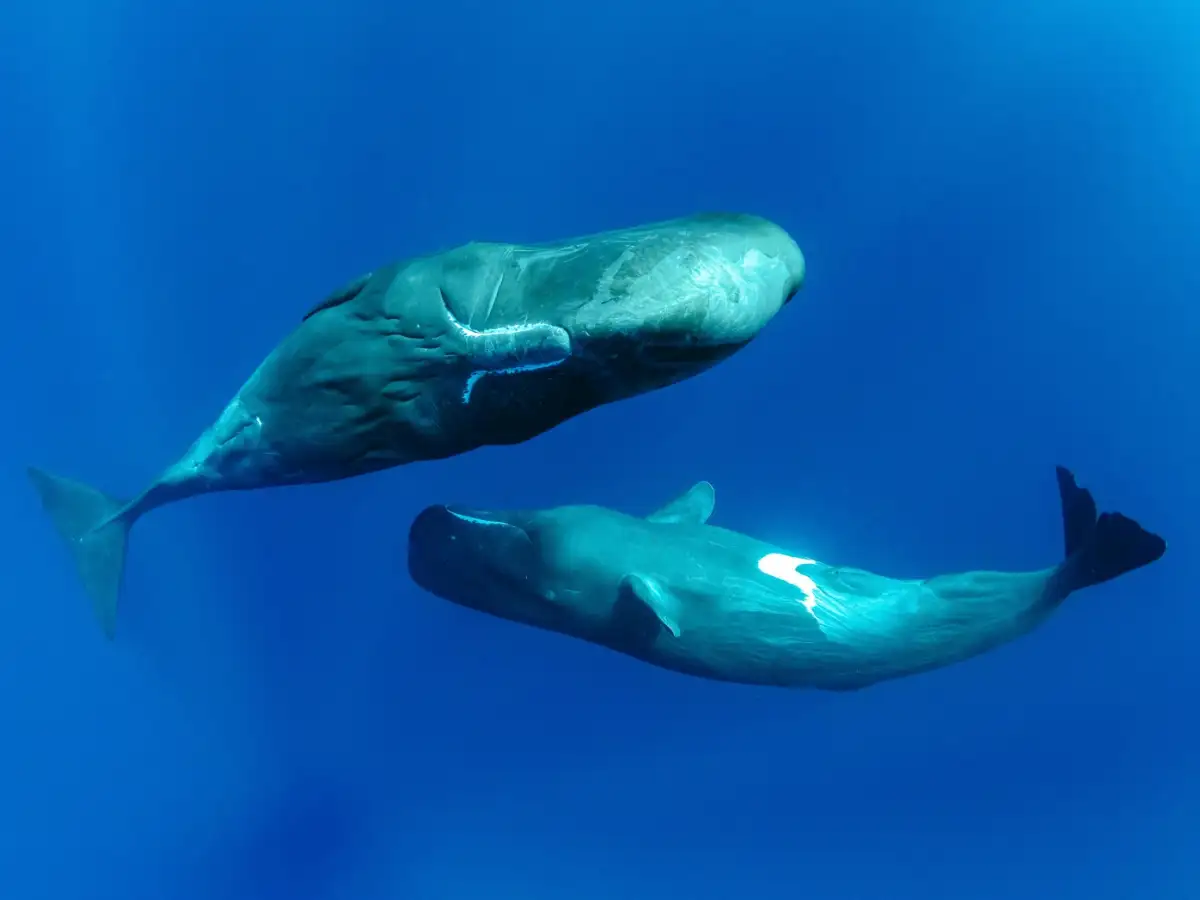Blue Whales Are Strangely Silent — Experts Warn of Troubling Shift
A dramatic drop in blue whale vocalizations is sending alarm bells through marine science circles, with experts warning the silence may signal deeper ecological stress in the oceans.
WIRED+15National Geographic+15Brewminate+15
📉 Voices Going Quiet in a Noisy Ocean
Over six years of acoustic monitoring off the California coast—with underwater hydrophones tethered to the seabed—scientists observed a nearly 40% decline in blue whale songs. These vocalizations, once used for communication, navigation, and mating, have all but faded during periods of marine heatwaves.
Futurism+3National Geographic+3The Times of India+3
Researchers likened the drop to “singing while starving,” noting that prey collapses—primarily krill and anchovies—left whales too malnourished to vocalize.
Yahoo+4National Geographic+4Futurism+4
⚠️ What the Silence Signals
Blue whales serve as sentinels of ocean health. When entire populations reduce their calling, it’s a clear indicator of ecosystem imbalance. 🤫
Scientists warn repeated marine heatwaves may push marine life past tipping points—impacting the ocean’s ability to store carbon and support biodiversity.
Wikipedia+14National Geographic+14Brewminate+14
🗣️ Science of Whale Song and Stress
Blue whale calls are among the loudest and lowest-frequency sounds in nature, used to communicate across vast distances. Their song patterns vary by population and can reflect reproductive readiness or social interactions. Male calls, for instance, help attract mates and coordinate feeding.
Wikipedia
Yet expanding noise pollution—from ships, sonar, and offshore industry—has masked underwater soundscapes. Whale calls have effectively been clipped by human-made noise, reducing their reach and altering behavior.
Brewminate
🌡️ Climate Change and Marine Heatwaves
Extreme warming events—sometimes referred to as “The Blob”—have disrupted ocean chemistry, triggered toxic algal blooms, and caused the collapse of krill populations. Without sustenance, blue whales lack the energy for reproductive behaviors and may skip calling entirely.
Futurism+1
It’s the loss of food, not just the sound, that scientists believe is silencing these ocean giants.
🌊 Broader Consequences for the Ocean
Whales are more than a symbol—their presence affects carbon capture, prey populations, and the broader health of marine ecosystems. If blue whales remain silent and struggle to reproduce, it could mean trouble for marine food webs and climate regulation systems.
National Geographic
✅ Why It Matters and What Can Be Done
-
Listening stations across oceans help track whale behavior and water health trends.
-
Environmental campaigners advocate for quieter shipping lanes, vessel speed limits, and marine protected zones to reduce acoustic interference.
-
Monitoring whale vocalizations may become a key metric in assessing before-it’s-too-late ecological shifts.
Wikipedia
![]()
Share this content:
